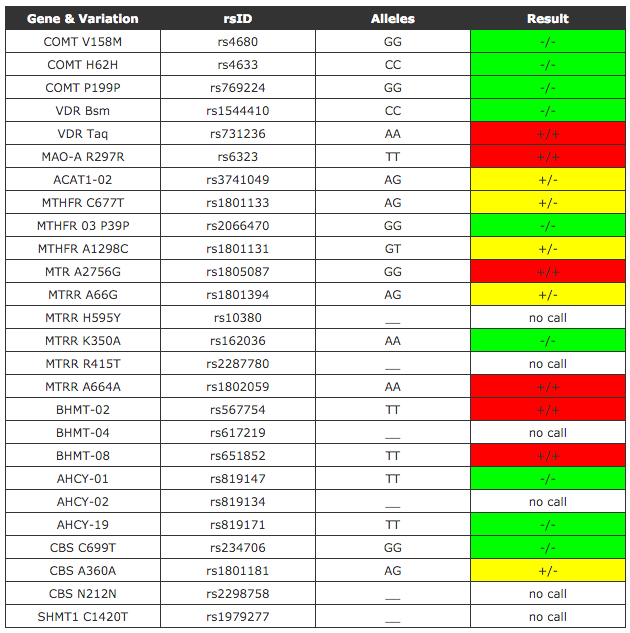Hi everyone, just got my sulfite and sulfate strips in, and have begun the diet. I'm looking for tips on:
1. Easier ways to eat out and avoid high thiol ingredients. So far I'm trying to just say "no dairy, nuts, onions - allergy" to avoid the majority of stuff that can be snuck in. I live in NY, so restaurant eating is really an unavoidable part of life (and probably one of my favorite things). I also traditionally use a LOT of peanut butter on a daily basis, and I'm hoping swapping that for almond butter will help more than anything.
2. In general, how long does it take to start seeing a drop on the sticks? The reason I ask is so that I know how soon I can expect a drop, so that if I don't, I know I have to make more changes.
3. Edit: Will the sulfate level go up before it goes down? I just tried one tonight (usually do it in the morning), and hit a solid 1600, yet feeling pretty great.
4. I haven't found any supplements in my research that can help with clearing out sulfates - am I correct in this?
Some relevant numbers...my sulfite sticks have read 0-25 the past few days, and sulfate has been around 800-1000. Here's my methylation details too:

I'm hoping that my "lighter" CBS mutation will allow me to be a little less restrictive, but we'll see. FWIW, I did try starting on Jarrow B Right, mb12, and mfolate before this, and didn't tolerate it too well. Thus I've decided to take a stab at the CBS matter.
Thanks for any suggestions!
1. Easier ways to eat out and avoid high thiol ingredients. So far I'm trying to just say "no dairy, nuts, onions - allergy" to avoid the majority of stuff that can be snuck in. I live in NY, so restaurant eating is really an unavoidable part of life (and probably one of my favorite things). I also traditionally use a LOT of peanut butter on a daily basis, and I'm hoping swapping that for almond butter will help more than anything.
2. In general, how long does it take to start seeing a drop on the sticks? The reason I ask is so that I know how soon I can expect a drop, so that if I don't, I know I have to make more changes.
3. Edit: Will the sulfate level go up before it goes down? I just tried one tonight (usually do it in the morning), and hit a solid 1600, yet feeling pretty great.
4. I haven't found any supplements in my research that can help with clearing out sulfates - am I correct in this?
Some relevant numbers...my sulfite sticks have read 0-25 the past few days, and sulfate has been around 800-1000. Here's my methylation details too:
I'm hoping that my "lighter" CBS mutation will allow me to be a little less restrictive, but we'll see. FWIW, I did try starting on Jarrow B Right, mb12, and mfolate before this, and didn't tolerate it too well. Thus I've decided to take a stab at the CBS matter.
Thanks for any suggestions!
Last edited:
